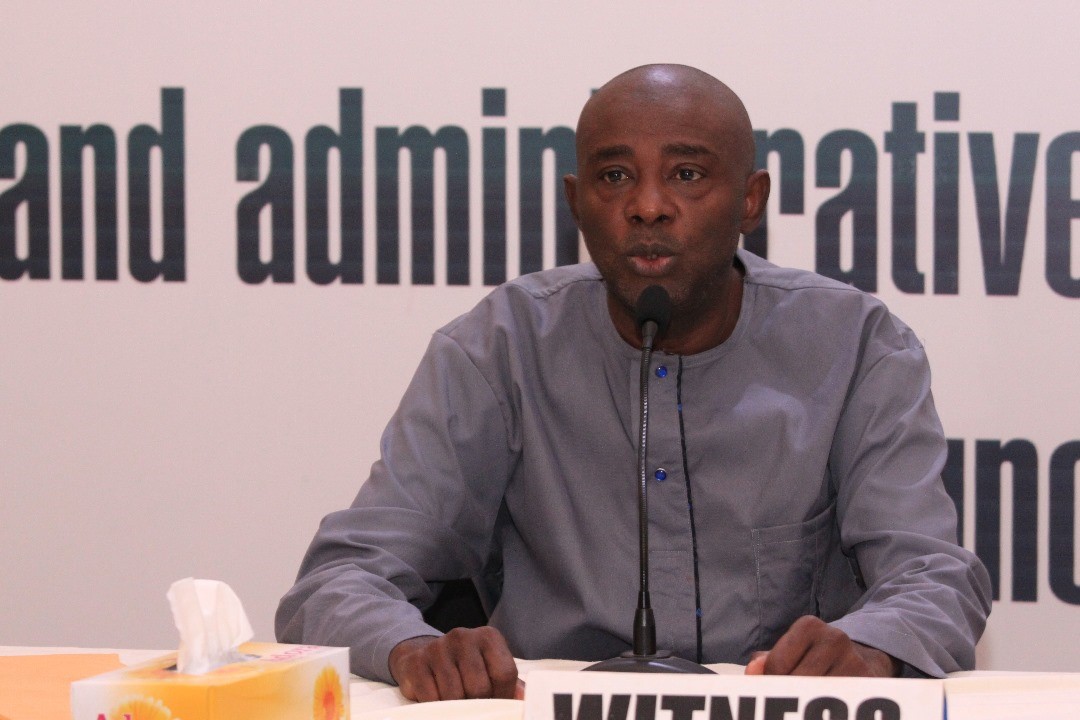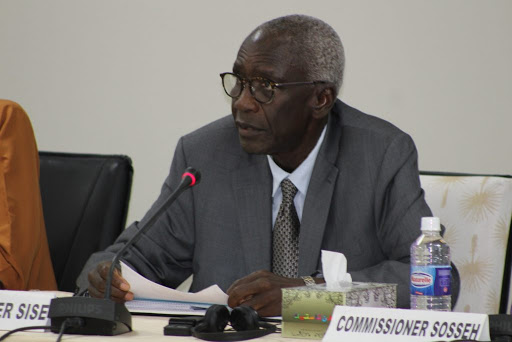Despite President Adama Barrow’s pledge to reform the country nearly five years ago, oppressive laws curtailing human rights including the rights to freedom of expression and peaceful assembly, which were used under former President Yahya Jammeh to suppress peaceful dissent remain operative, Amnesty International said in a new analysis published on Wednesday.
“Upon assuming power in 2017, President Adama Barrow vowed to carry out critical reform in the country and to reverse the oppression which characterized the previous government. Nearly five years later, Gambia’s legislative landscape has barely changed,” said Michèle Eken, West Africa researcher at Amnesty International.
“There is still no new Constitution. Punitive and restrictive legal provisions on human rights, particularly the rights to freedom of expression, and peaceful assembly among other issues are still on the statute books,” Eken said.
“What’s more, the current parliamentary session, which represents one of the rare opportunities to make significant legal reforms and changes consistent with the country’s international human rights obligations before the presidential election in December, is expected to end by next week.”
Amnesty International said on 14 February 2018, the Court of Justice of Economic Community of West African States (ECOWAS) issued a judgment that found most Gambian media laws violated freedom of expression.
The court asked the government to repeal or amend all criminal laws on libel, sedition, and false news in line with Gambia’s obligations under international human rights law.
However, most of the laws which were used to oppress human rights defenders, activists and journalists during Jammeh’s rule are still in force.
The report said among the most notorious are Section 138 of the Information and Communications Act, which gives national security agencies, investigating authorities and the Public Utilities Regulatory Authority the powers to monitor, intercept and store communications for surveillance purposes without effective judicial oversight.
It said the current Criminal Code still contains several clauses restricting the right to freedom of expression, criminalising sedition as related to the President and providing for stiff penalties, including imprisonment, for those who dare to criticize the authorities – a concern for journalists and human rights defenders. It also allows for the confiscation of publications and printing machines.
The Gambian Press Union (GPU) told Amnesty International that the laws continue to create a hostile environment for journalists.
The report said while attacks on journalists have fallen under President Barrow, several high-profile arrests have shown the risk of these repressive laws being used to muzzle dissenting voices more widely.
Despite slow progress in reforming repressive laws, Amnesty International welcomed the enactment of the Access to Information law on 1 July 2021, designed to help the public and the media to access information.
Another positive development has been the National Human Rights Commission, which was established by an act passed by the National Assembly in 2017 and became operational in 2019.
“The establishment of the National Human Rights Commission shows what is possible. Gambians who have waited so long for a recourse when their rights are violated must not wait any longer,” said Eken.
Amnesty International called for alleged perpetrators of human rights violations to be prosecuted following concerns from civil society that members of Jammeh’s regime who admitted to their crimes at the Truth, Reconciliation and Reparations Commission (TRRC) are still in the security apparatus.





